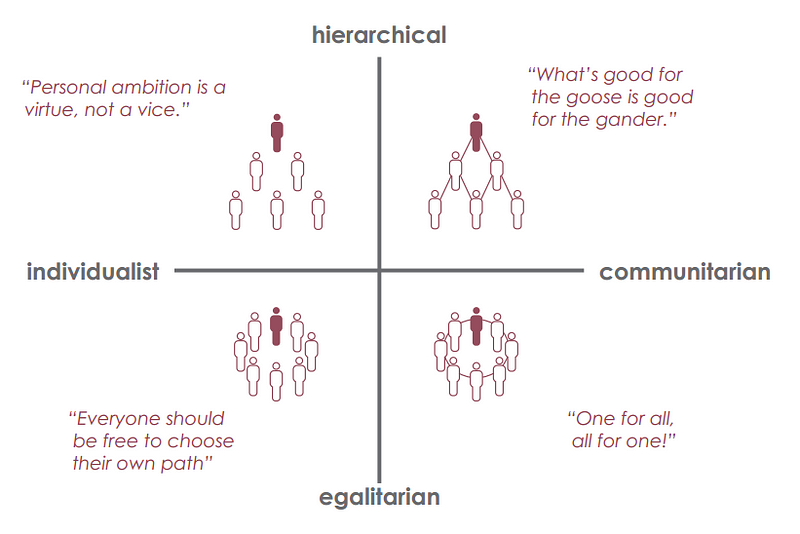Environmental Scenarios and Solutions
Second Midterm (Take Home) Exam
Professor Womersley
(Worth 20% of final grade)
Due Friday April 22nd by email or hard copy. Do not submit via Canvas. I will not grade examinations submitted via Canvas.
Instructions
Answer all questions. If you don’t know an answer, put down what you do know.
You
may research answers. Give diagrams if needed. Cite important research
other than material given in class or in the texts for the class. You
must work alone.
You are an environmental social scientist working as an informal advisor in conservation policy for a moderate New Vermaineshire state legislator. A more radical legislator has proposed a policy to begin privatizing state conservation lands. It seems to be gathering support with your colleagues. One attractive facet of the proposal is the reduced cost in taxation, once lands that do not produce tax, access fees, or logging revenue are off the state books. You are asked for help in countering these arguments.
Applying social insight
What social and psychological insight can you give your legislator as to how to pitch the status quo (non-privatization) to the public. What general social understandings should she use to build and sustain support among her constituency and the state residents as a whole. Can you, for instance, apply cognitive dissonance or Maslow's hierarchy of needs? Hint: Consider how the public typically uses conservation lands of different kinds, including state parks, forest, and wildlife management areas and how this will change after privatization.
What social and psychological insight can you give your legislator as to how to pitch the status quo (non-privatization) to the public. What general social understandings should she use to build and sustain support among her constituency and the state residents as a whole. Can you, for instance, apply cognitive dissonance or Maslow's hierarchy of needs? Hint: Consider how the public typically uses conservation lands of different kinds, including state parks, forest, and wildlife management areas and how this will change after privatization.
Applying cultural cognition
How can you apply the findings of Kahan et al, 2011 to this problem? How are constituents and residents likely to feel about the proposal to privatize, if they respond as did the subjects of the cultural cognition study? How might your legislator respond using insights gained from the study? Hint: Be sure to consider the different responses based on the cultural axis diagram (below)
Sustainability
Which is more sustainable, privatization or public ownership? Explain why in detail.
Resources:
1) A similar, less far-reaching, but real proposal:
http://www.pressherald.com/2017/03/03/our-view-dont-mess-with-success-at-maines-state-parks/
2) Kahan et al,
https://papers.ssrn.com/sol3/papers.cfm?abstract_id=1549444
Which is more sustainable, privatization or public ownership? Explain why in detail.
Resources:
1) A similar, less far-reaching, but real proposal:
http://www.pressherald.com/2017/03/03/our-view-dont-mess-with-success-at-maines-state-parks/
2) Kahan et al,
https://papers.ssrn.com/sol3/papers.cfm?abstract_id=1549444

No comments:
Post a Comment